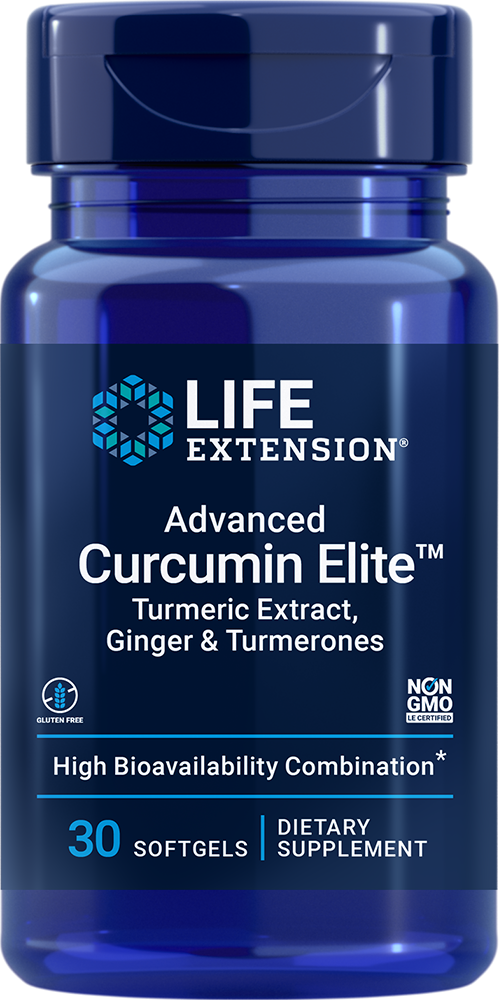November 5, 2019
The August 2019 issue of Biofouling: The Journal of Bioadhesion and Biofilm Research included a report of a study which found effectiveness for trans-resveratrol, oxyresveratrol and related compounds against the formation of biofilms by uropathogenic Escherichia coli (E. coli) bacteria that cause most urinary tract infections (UTIs). Biofilms are composed of communities of microorganisms that stick to one another (and often to a surface), which increases their resistance to immune attack or treatment. In humans, uropathogenic E. coli adhere to the interior walls of the bladder and can form films on indwelling catheters.
Jin-Hyung Lee of Yeungnam University in Korea and colleagues evaluated effects of two concentrations of trans-resveratrol, which is a popular dietary supplement derived from grapes and other plants, along with related compounds trans-stilbene, stilbestrol, oxyresveratrol, ε-viniferin, suffruticosol A and vitisin A against uropathogenic E. coli biofilms. Significant inhibitory effects against biofilm formation were found for trans-resveratrol, oxyresveratrol, ε-viniferin, suffruticosol A, and vitisin A. Among other outcomes, resveratrol and oxyresveratrol decreased swarming and helped disable the bacteria’s ability to form fimbriae that allow them to adhere to one another. The compounds were also shown to significantly lower uropathogenic E. coli survival in human whole blood, indicating that resveratrol and oxyresveratrol weakened the bacteria’s ability to resist the innate immune system.
“It was found both trans-resveratrol and oxyresveratrol suppressed several virulence characteristics of uropathogenic E. coli, i.e. biofilm formation, swarming motility, fimbriae production, and hemagglutination ability,” the authors write. “Reductions in uropathogenic E. coli virulence by trans-resveratrol and oxyresveratrol were also confirmed using whole blood. The results suggest trans-resveratrol, oxyresveratrol, and resveratrol oligomers have potential use in antibiofilm and antivirulence strategies against persistent uropathogenic E. coli infections.”











